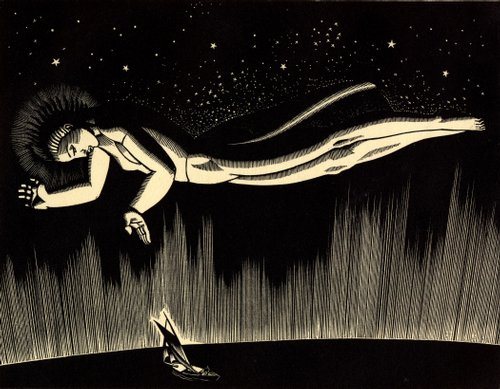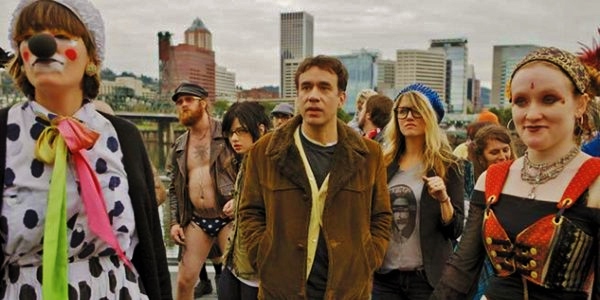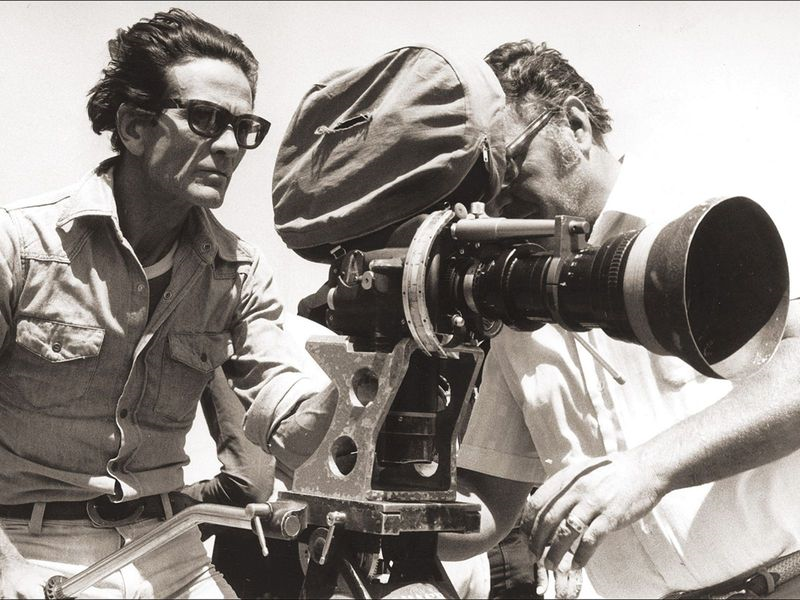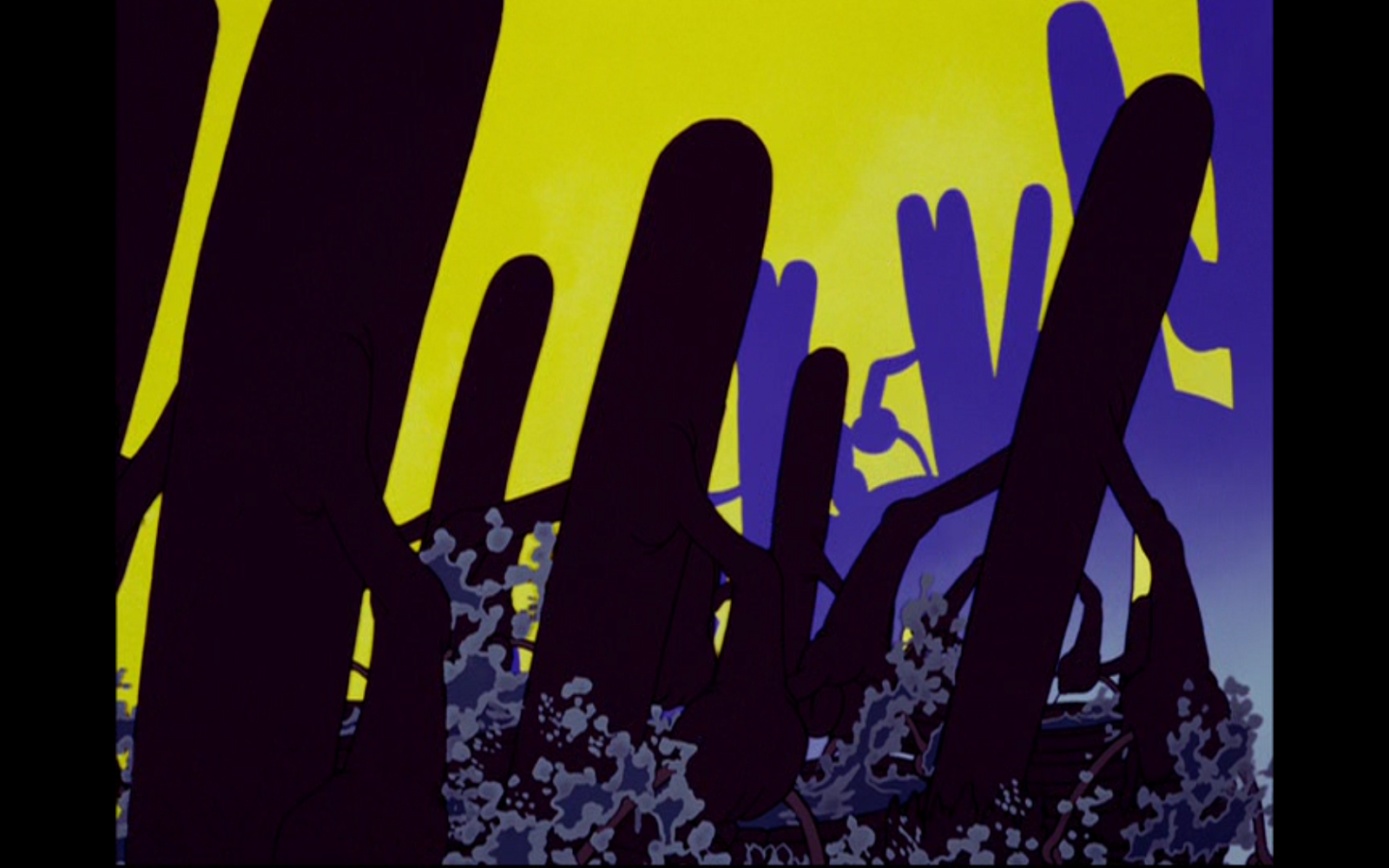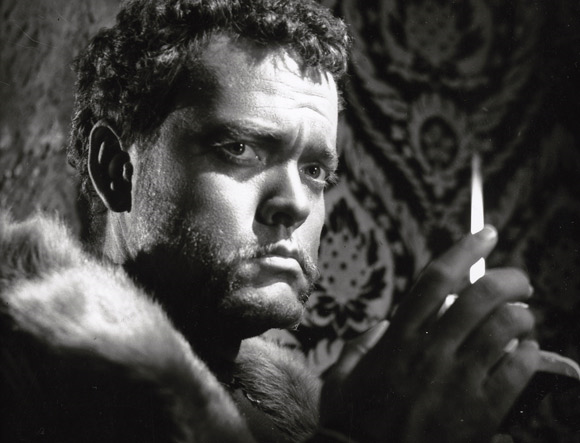Iannis Xenakis, the Greek composer trained as an architect, created expressive works of mind-bending mathematical complexity that according to one critic, have “all the teeming unpredictable power of a glacier, the thrilling complexity of shape and movement of a mass animal migration.”
Performance
Performance arts, music, film, drama and literature, creative expressions presented on the world stage seeking earth balance, harmony, dissonance, abstraction and concept.
Symphonic Thunder and Lightning of Janis Ivanovs
“Janis Ivanovs is like thunder and lightning, cleansing the air with his Lucifer sounds. His symphonies are like ancient Greek tragedies, filled with ecstasy and purification.” So wrote another Latvian composer and music critic, Margers Zarins.
Will Self: Talentless Hipsters and Commodification Culture
This awful cult of talentless hipsters has its Mecca in Los Angeles, according to Will Self. He asserts his generation took the avant-garde and turned it into a successful rearguard action by the flying columns of capitalism’s blitzkrieg. What to make of the commodification and democratization of culture, and where to go from here?
Charles Bukowski: Madness is Never Ordinary
“In my work, as a writer, I only photograph, in words, what I see. If I write of “sadism” it is because it exists, I didn’t invent it, and if some terrible act occurs in my work it is because such things happen in our lives. I am not on the side of evil, if such a thing as evil abounds.” — Charles Bukowski
The Ongoing Reconsideration of Pier Paolo Pasolini
Champion of the disinherited of postwar Italy, Pier Paolo Pasolini’s masterworks prefigured his country’s fall to a consumerist Heart of Darkness, an uncompromising vision that may have led to his own wretched death. A biopic by Abel Ferrara that premiered at the Venice biennale reconstructed the last hours of the Italian film director, who was murdered in 1975.
Goethe’s “Sorcerer’s Apprentice”: Power Over Wisdom
“The Sorcerer’s Apprentice,” an ages-old fairy tale interpreted as a poem by Goethe, made famous today by Disney’s “Fantasia,” illustrated the dangers of power over wisdom, and the risk of human creations getting out of control.
Orson Welles: Tragic Hero, Sacred Monster, Profane Clown
Orson Welles, the cinematic genius who ended his days selling cheap wine, was both noble and feeble, titanic and pathetic, sacred monster and profane clown, says Peter Conrad. We take samples from his oeuvre, his noir thriller The Stranger and his stylistic fragmentation, Othello.


